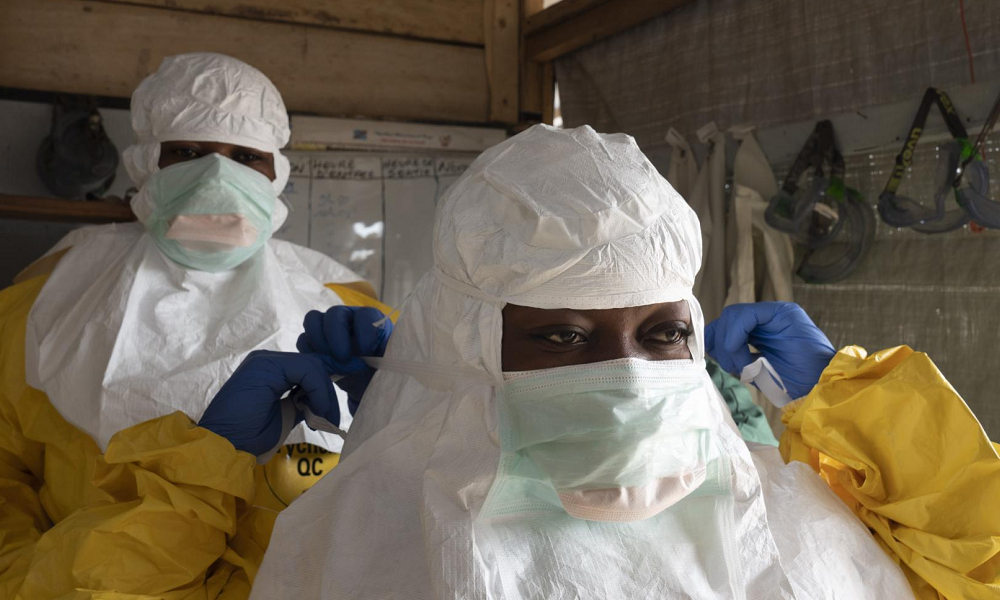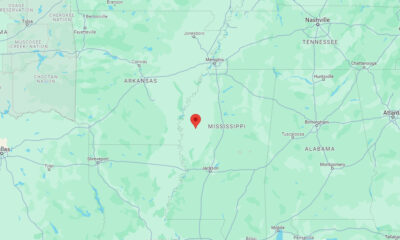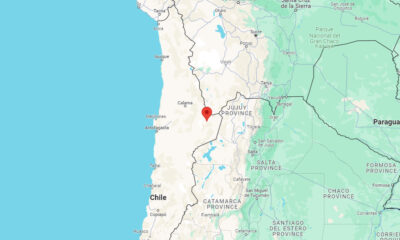World
WHO says Ebola outbreak in Uganda poses ‘high’ risk

The Ebola outbreak in central Uganda, which involves a rare strain for which there’s no vaccine, poses a “high” risk on the national level, according to the World Health Organization. It added that international spread cannot be ruled out.
Ebola tracker: Click here for daily updates
Uganda declared an Ebola outbreak last week after a 24-year-old man from Mubende District tested positive for Sudan ebolavirus, which is one of six species of the ebolavirus genus. The strain had not been found in humans since 2012, when an outbreak killed at least 17 people.
Uganda has reported 36 cases so far, including 23 deaths.
WHO said in a statement on Monday that it assessed the risk on the national level as “high” because no vaccine has been approved against Sudan ebolavirus, the outbreak may have started three weeks before the first case was found, several transmission chains have not yet been tracked and the victims were buried with large gathering ceremonies.
Mubende sits along a busy road which leads from Kampala, the nation’s capital and largest city, to the Democratic Republic of the Congo. It’s also close to an active gold mine which attracts people from different parts of Uganda, as well as from other countries.
“The declaration of the outbreak may cause some miners already incubating the disease to flee,” WHO said in its assessment. “The risk of international spread cannot be ruled out due to the active cross-border population movement.”
The agency assesses the risk as “low” on the global level and advises against any restrictions on travel to and from Uganda.
There have been seven previous outbreaks of Sudan ebolavirus, with four occurring in Uganda and three in Sudan. Those outbreaks showed an average mortality rate of 57%, which is high but lower when compared to Zaire, which kills about 70% on average.
Current evidence suggests that the ERVEBO vaccine, which is used to control outbreaks with the Zaire variant, is not effective against the Sudan strain. Six vaccine candidates are in different stages of development.

-

 World1 day ago
World1 day agoU.S. and China report 3 more human cases of bird flu, UN calls for urgent action
-

 Legal1 week ago
Legal1 week agoMan arrested with AK-47 near Republican convention in Milwaukee
-

 Politics7 days ago
Politics7 days agoU.S. Rep. Sheila Jackson Lee dead at 74
-

 Legal7 days ago
Legal7 days agoFlorida man arrested for threatening to kill Trump and Vance
-

 Legal5 days ago
Legal5 days agoAt least 19 people shot, 3 killed, outside Mississippi nightclub
-

 World1 week ago
World1 week ago7.4-magnitude earthquake hits northern Chile
-

 World1 week ago
World1 week agoCyanide found on tea cups after 6 people die at Bangkok hotel
-

 Legal7 days ago
Legal7 days agoTexas Amber Alert: 2 children last seen in Bastrop County



